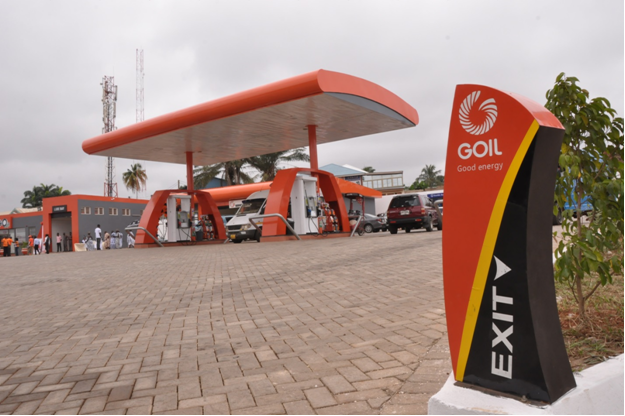The public is increasingly demanding a reduction in transportation fares following recent fuel price cuts by oil marketing giant GOIL PLC—its second downward adjustment in just 14 days.
The move has intensified calls for transport operators to reduce fares in line with declining fuel prices.
GOIL’s New Fuel Prices, effective May 19, 2025, at all its filling stations, are as follows: Super XP at GHC 13.27 per litre; Diesel XP at GHC 13.87 per litre; and Super XP 95 at GHC 15.27 per litre.
During interviews conducted at major lorry stations such as Neoplan Station, VVIP Lounge, Sakumono Estate main taxi rank, and Tema Station Lorry Station, many commuters praised GOIL for its decision to lower fuel prices.
Mr. Kwame Nkansah, a public servant, told the news team that the desire of most passengers is for transport operators to mirror the fuel price reduction by adjusting fares downward. He said this would ensure that “the latest adjustment by GOIL, which has been replicated by some oil marketing companies, brings relief to commuters.”
He added that the only way for passengers to benefit from the consistent reduction in fuel prices since the beginning of the year is for transport operators to respond with systematic fare reductions.
Ms. Asabea Aseidu, a trader at Tema Station, voiced her frustration: “It’s only transport operators and private car owners who are enjoying the windfall of the good policies initiated by the new government under President John Dramani Mahama. We are appealing to transport operators to also reduce transport fares drastically, to reflect the current realities in the country. Things have changed for the better, and we must all enjoy it.”
Several other commuters echoed similar sentiments. They also called on the government to take the lead. Dr. Dominic Kyere, an economist, recommended that “the government must set the ball rolling through the InterState City Transport (STC) and other government-operated transport services to reduce fares; the private sector operators will follow.”
Despite growing public calls, the Ghana Private Road Transport Union (GPRTU) has cautioned that fare reductions will only be considered if fuel prices drop to around ¢12 per litre. According to Samuel Amoah, Deputy Public Relations Officer of GPRTU, pricing decisions are influenced by several factors—not just fuel costs—including the prices of spare parts, lubricants, and various taxes.
As fuel prices continue to fall and public pressure builds, all eyes are on transport operators to see whether they will lower fares or maintain current rates. For now, the demand for affordable transportation continues to grow louder across the country.


